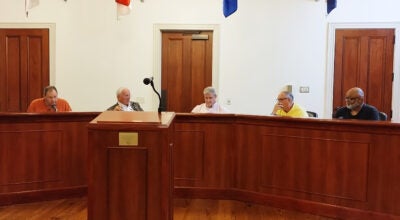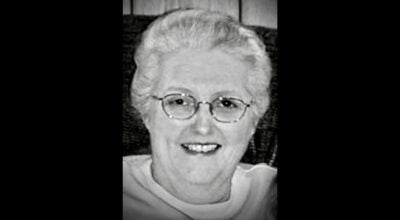New law helps protect elders from abuse
Published 3:38 pm Thursday, June 13, 2013
Saturday is National Senior Elder Abuse Awareness Day, and it comes just weeks after the Alabama legislature passed a bill making it easier for law enforcement to prosecute those who take advantage of seniors.
The legislation was passed May 21, and it was sponsored by State Sen. Cam Ward (R-Alabaster).
“As public officials, it is our moral obligation to protect senior citizens from both physical and financial predators,” Ward said. “This legislation will defend our seniors from the criminals who prey on them.”
Currently, the penalties for elder abuse only apply to victims who could be categorized as a “protected person.”
The new legislation does not change the penalties, but it does add new sections to the Alabama criminal code so that it applies to victims who are 60 years of age or older, regardless of mental competency. The only thing law enforcement officials will have to prove is the victim’s age.
Elder abuse and neglect can be prosecuted as first, second or third-degree abuse or neglect, depending of the type and severity of harm to the victim. The penalties range from a class A misdemeanor for elder abuse and neglect in the third-degree to a class A felony for intentional abuse or neglect which causes serious physical injury. A class A felony carries a sentence of 10 years to life in Alabama.
The financial exploitation penalties apply to elderly victims who have been exploited by deception, intimidation, undue influence, force or threat of force. Agents under power of attorney, guardians and conservators who exploit the person they have a responsibility to may be subject to criminal penalties.
The penalties for financial exploitation range from a class A misdemeanor for exploitation of money or property totaling $500 or less to a class B felony for exploitation of money or property exceeding $2,500. A class B felony carries a sentence of two to 20 years in Alabama.
“This legislation has been needed for years,” Mary Jo Martin, a Demopolis resident and member of the Elder Justice Advisory Board, said. “It gives law enforcement more tools in the criminal code to prosecute individuals that take advantage of seniors.”
There has been relatively little research done about elder abuse, but a recent study by the National Center of Elder Abuse indicated that approximately 11 percent of elders in the United States surveyed had experienced some type of abuse or neglect during the previous year.





